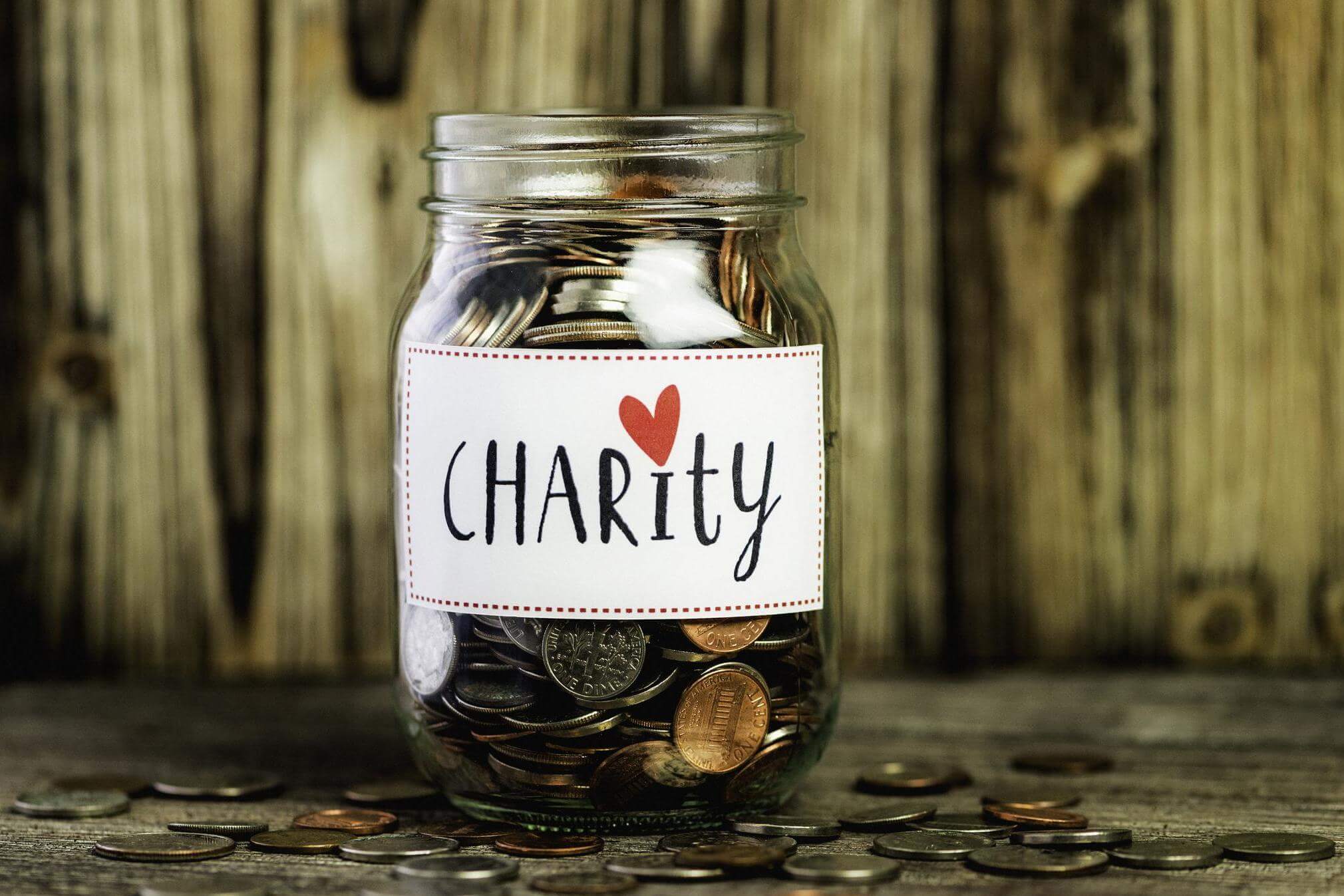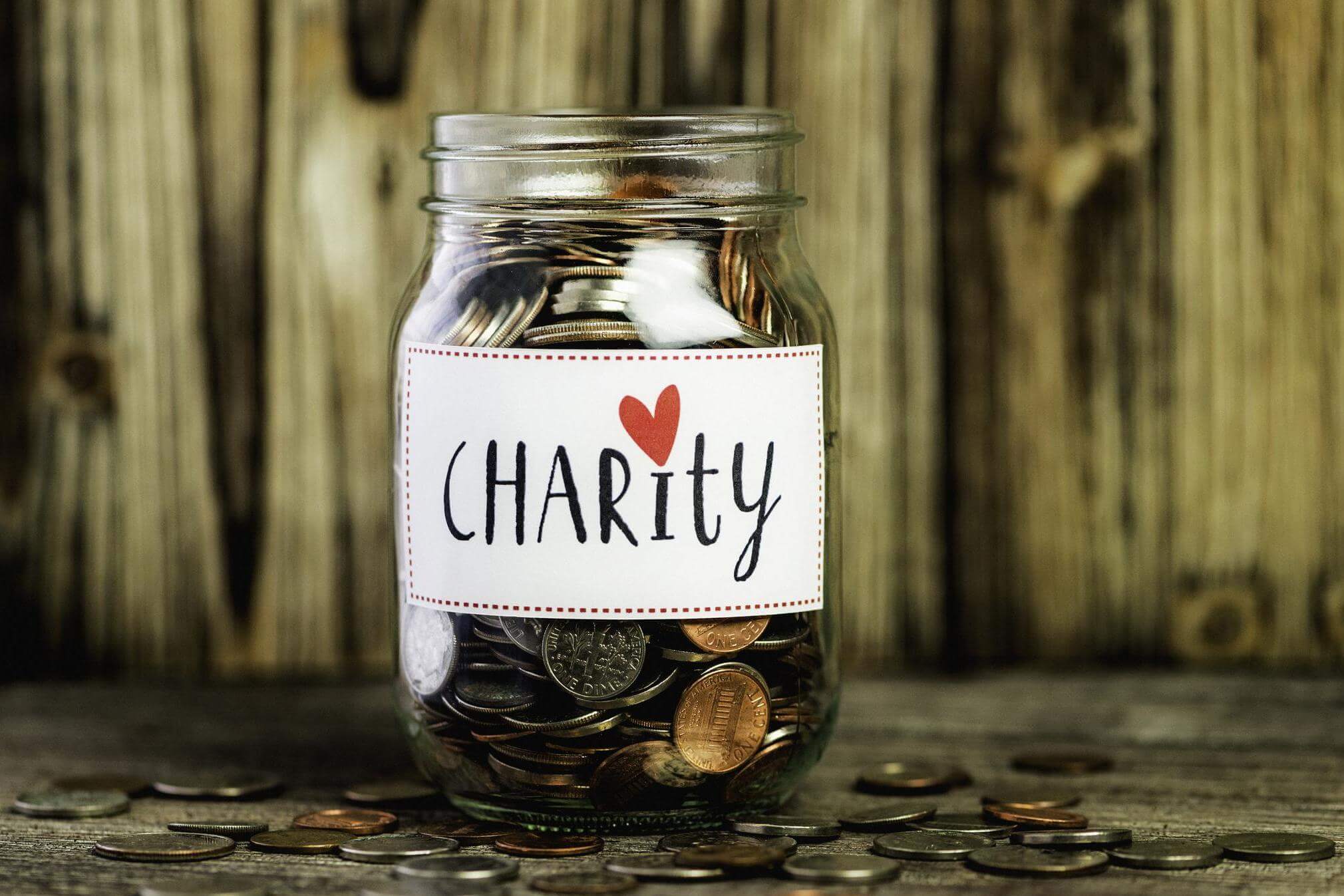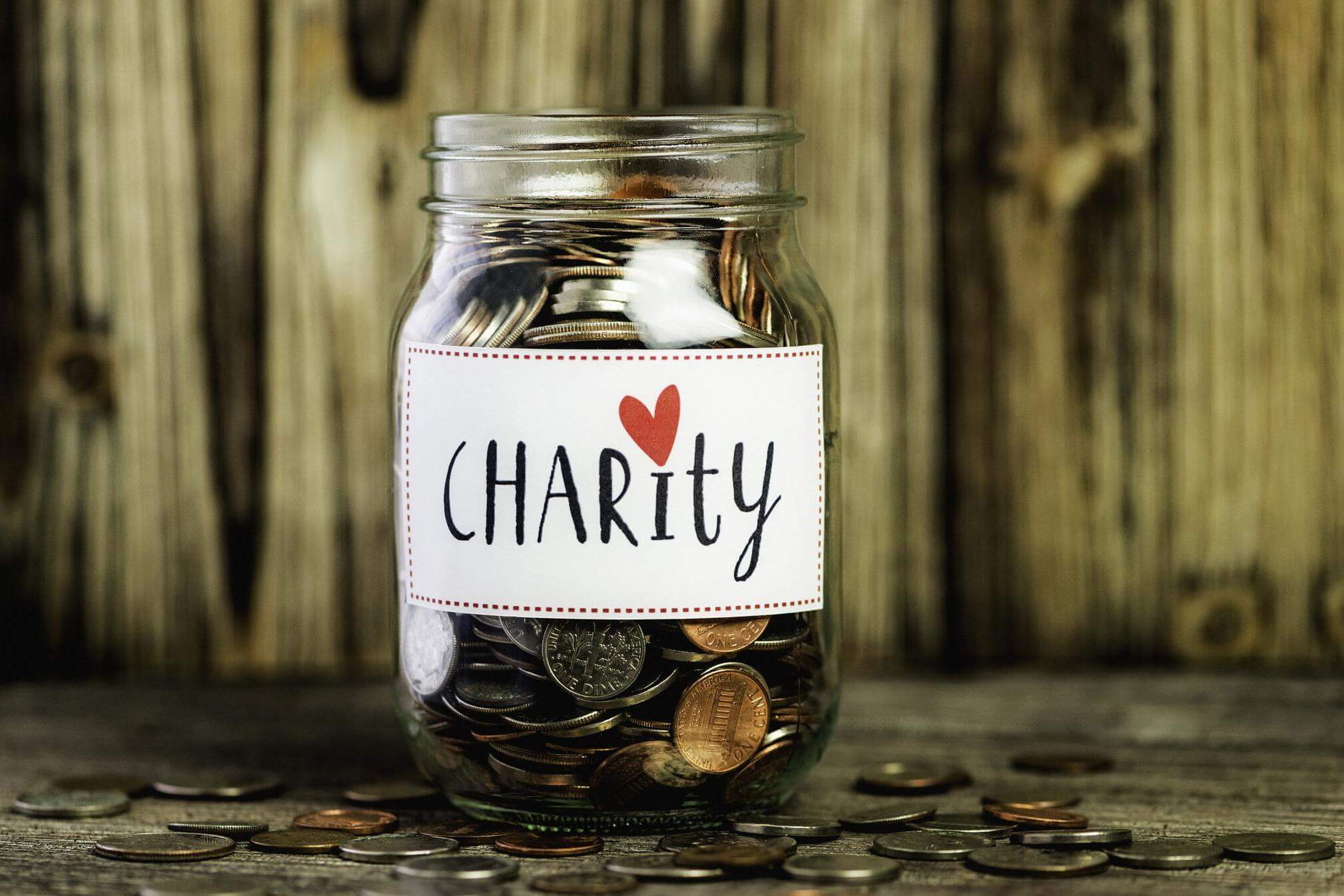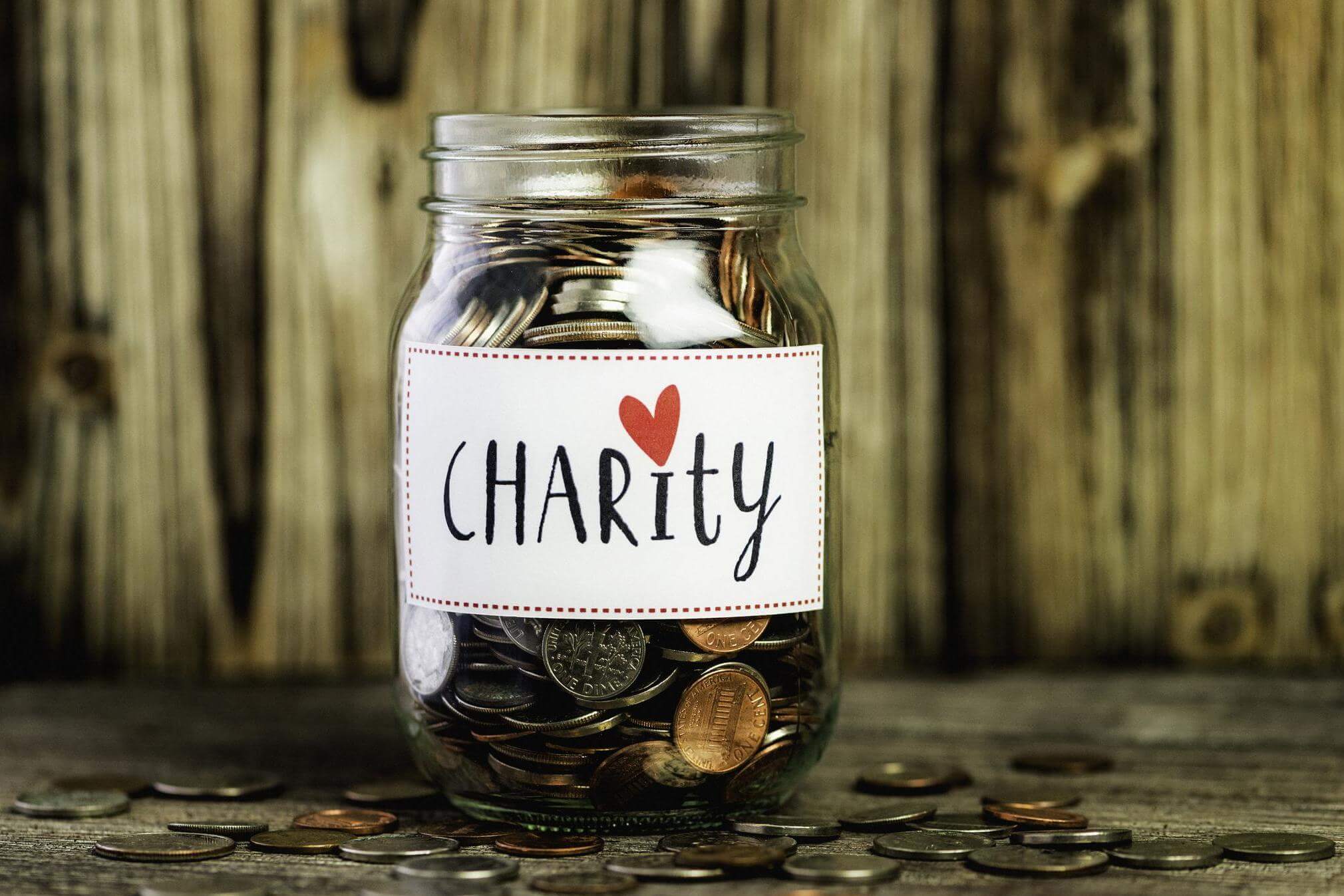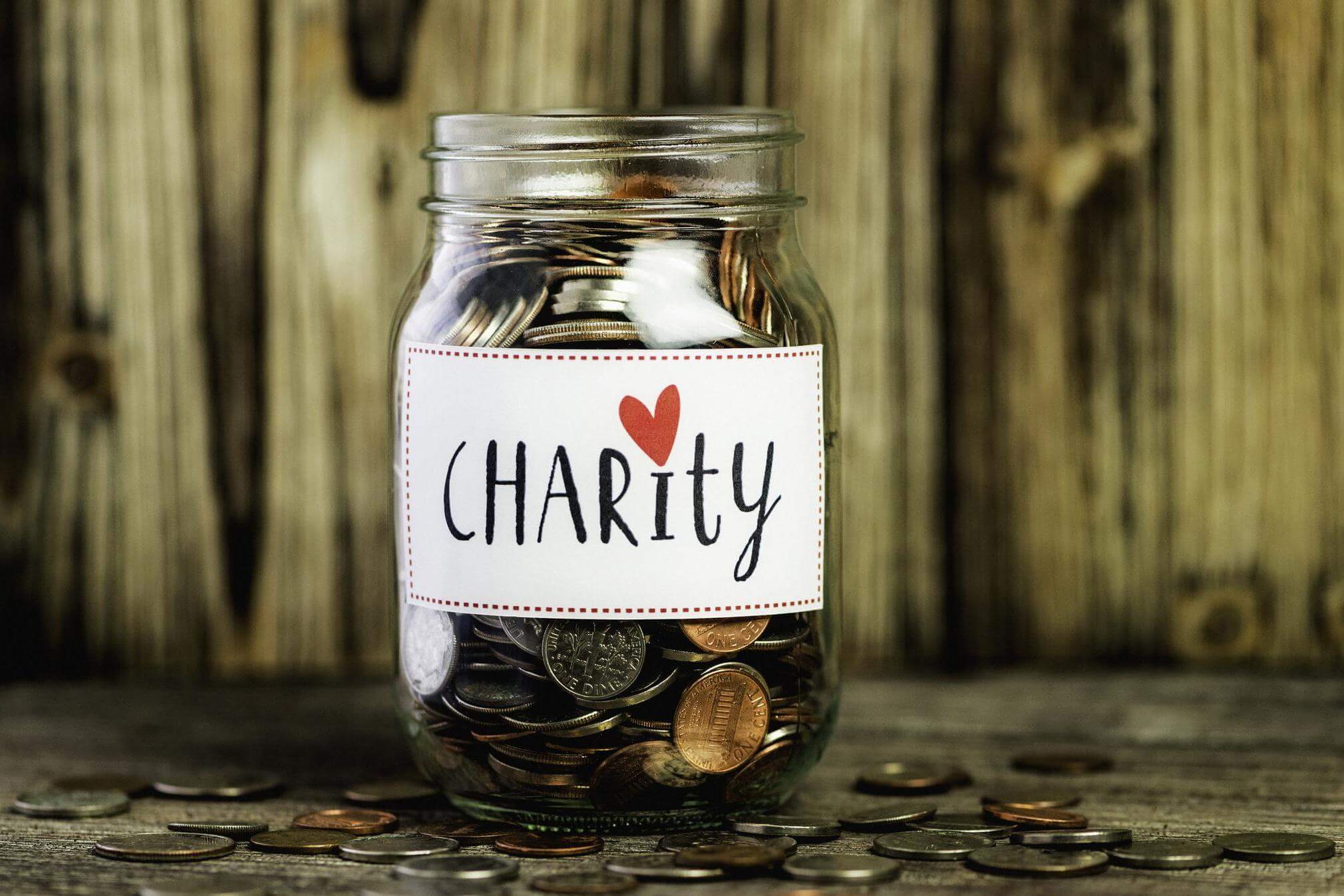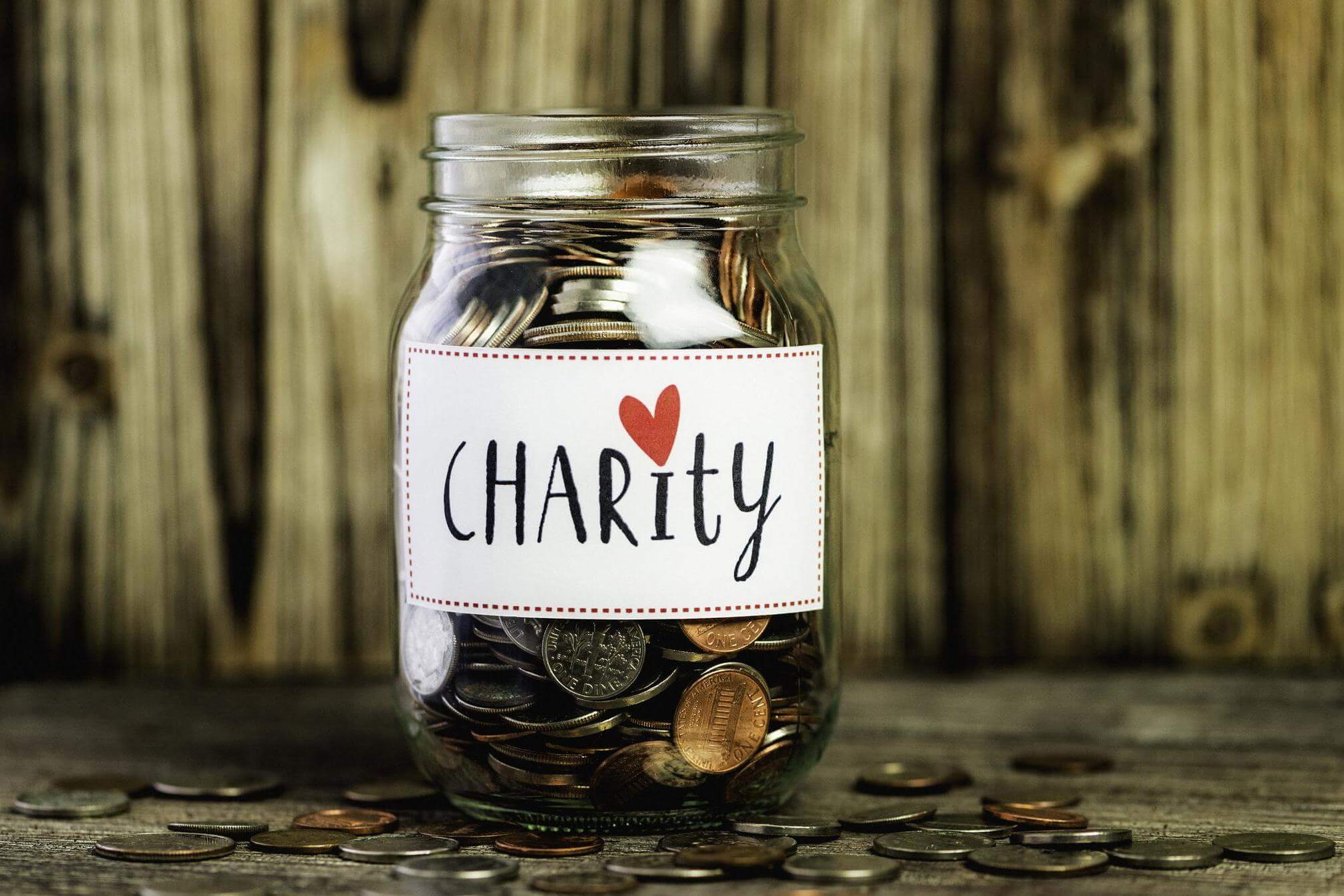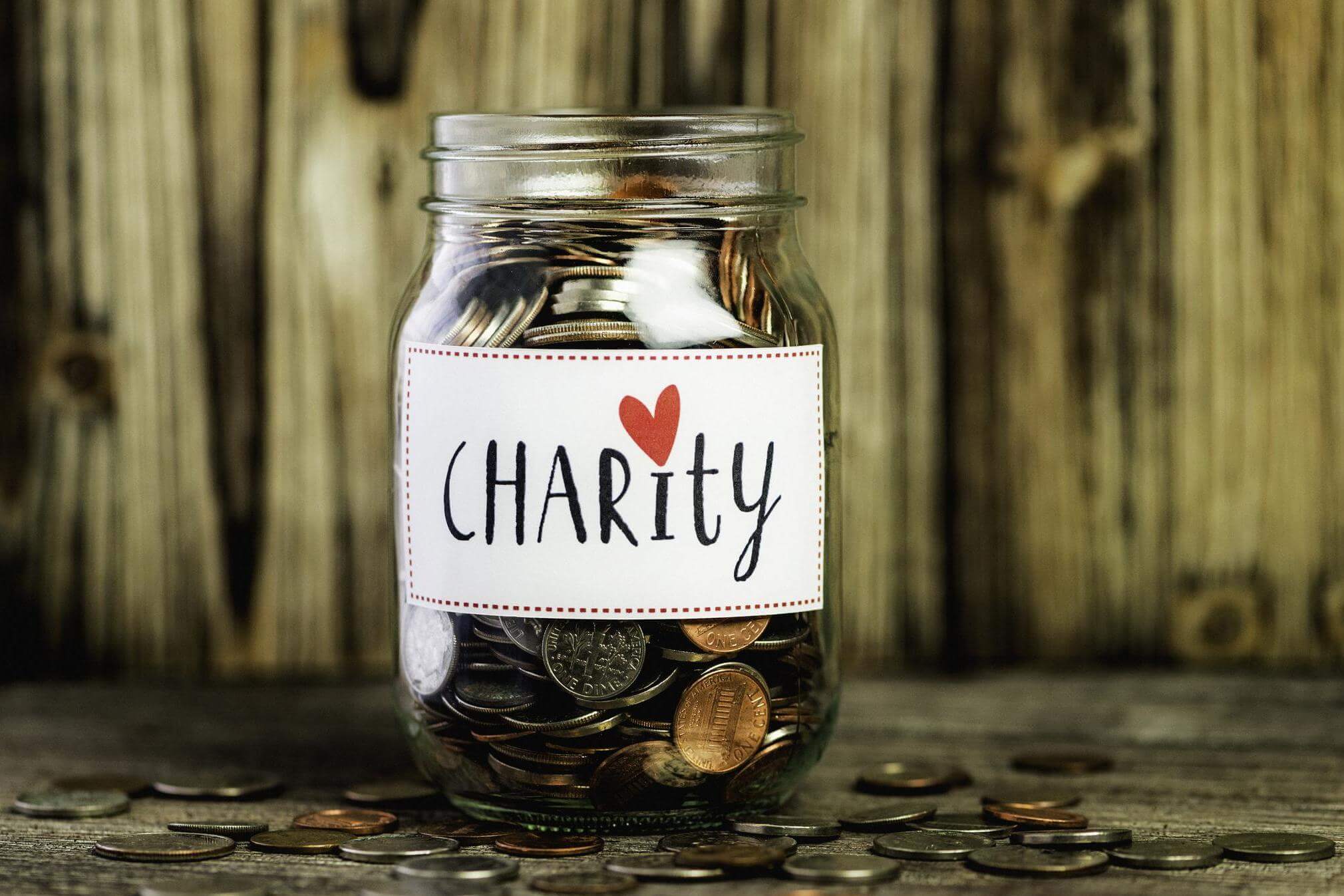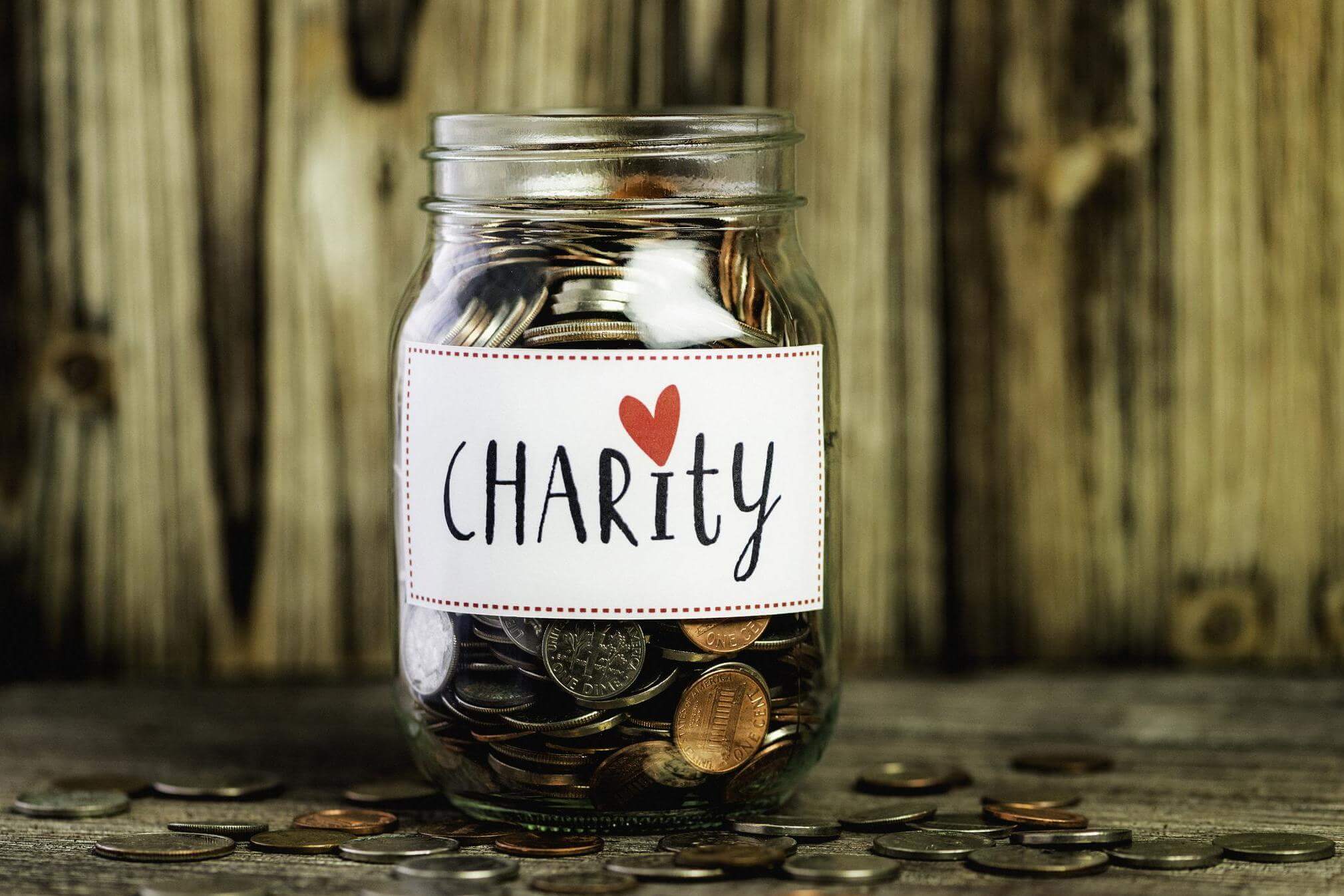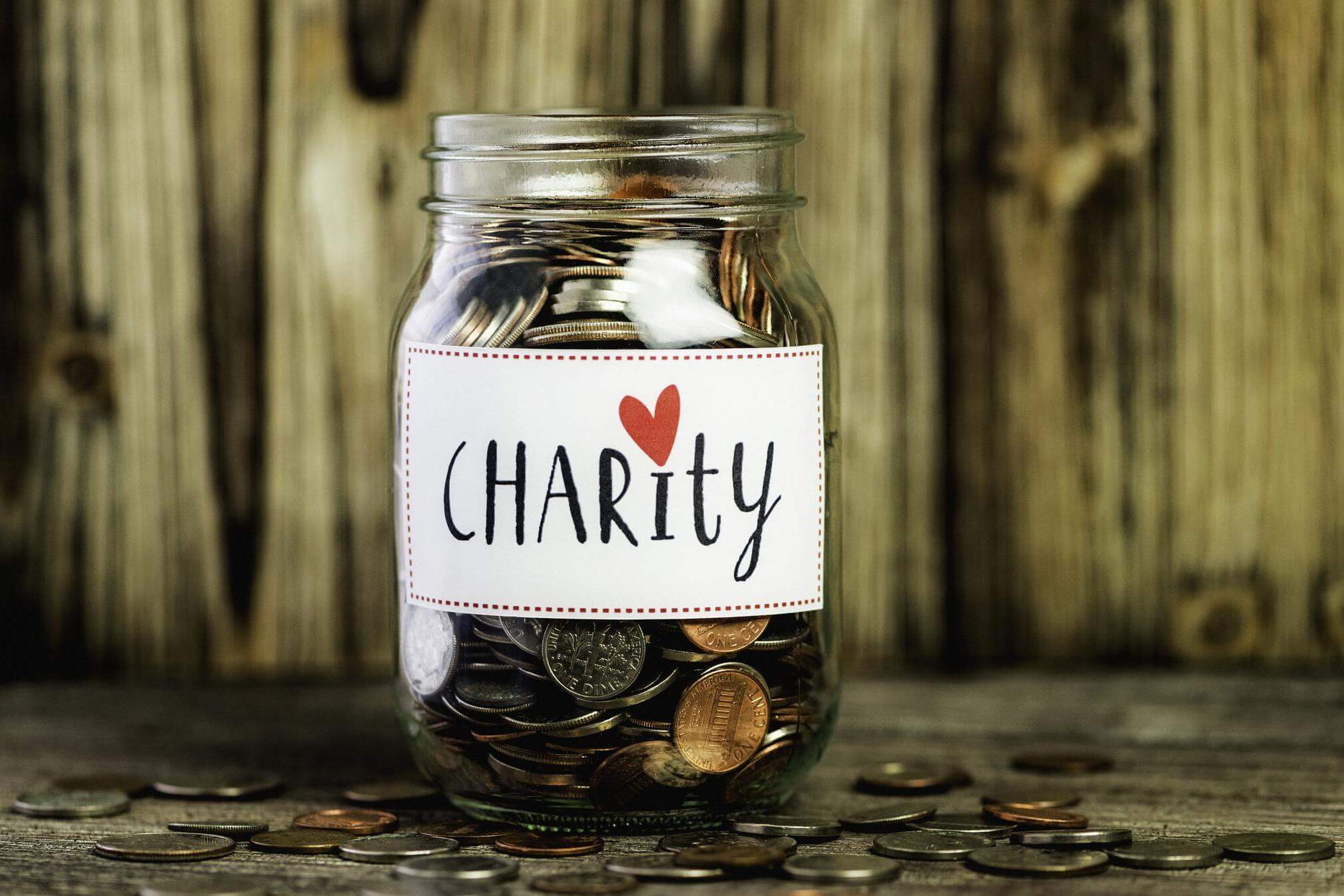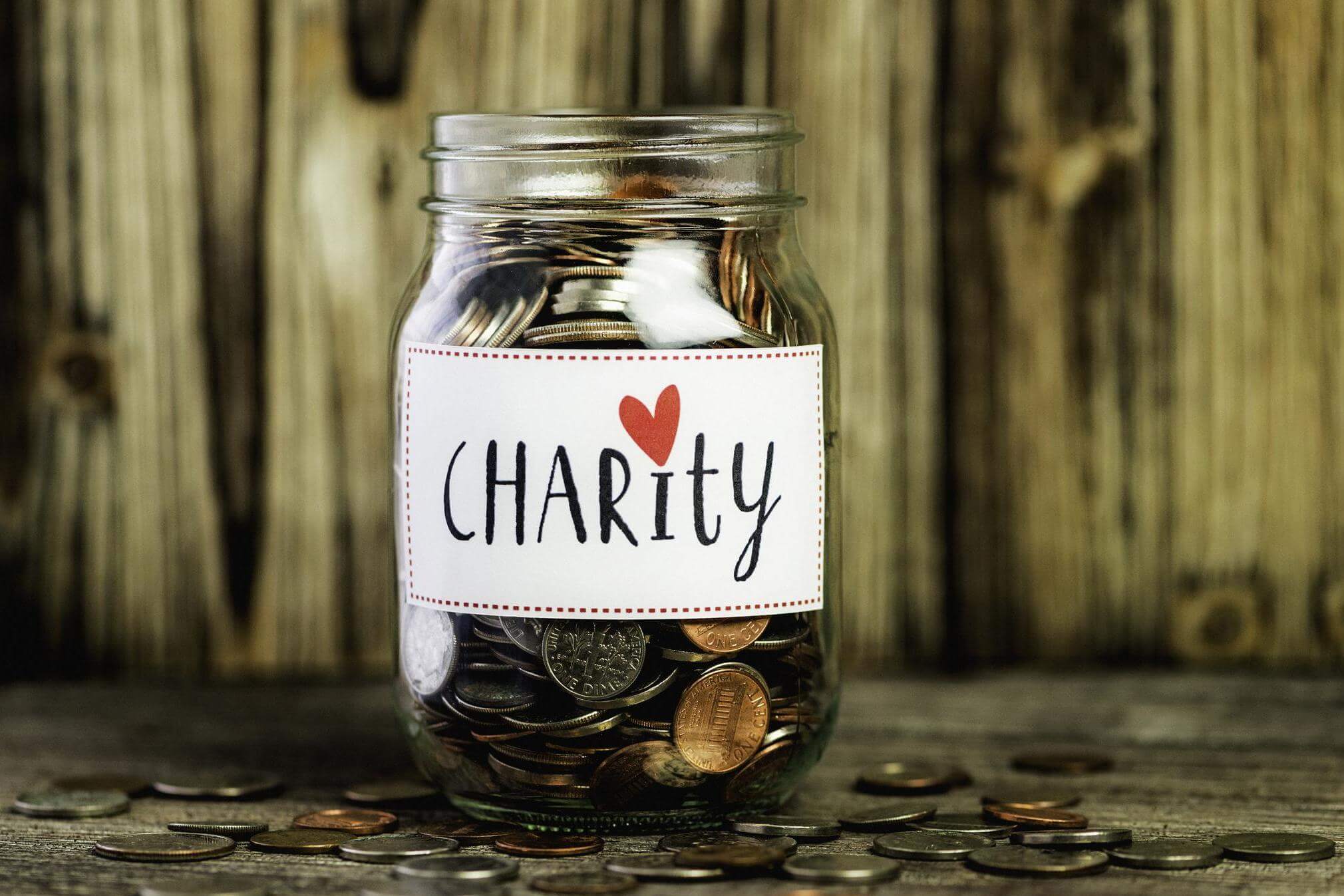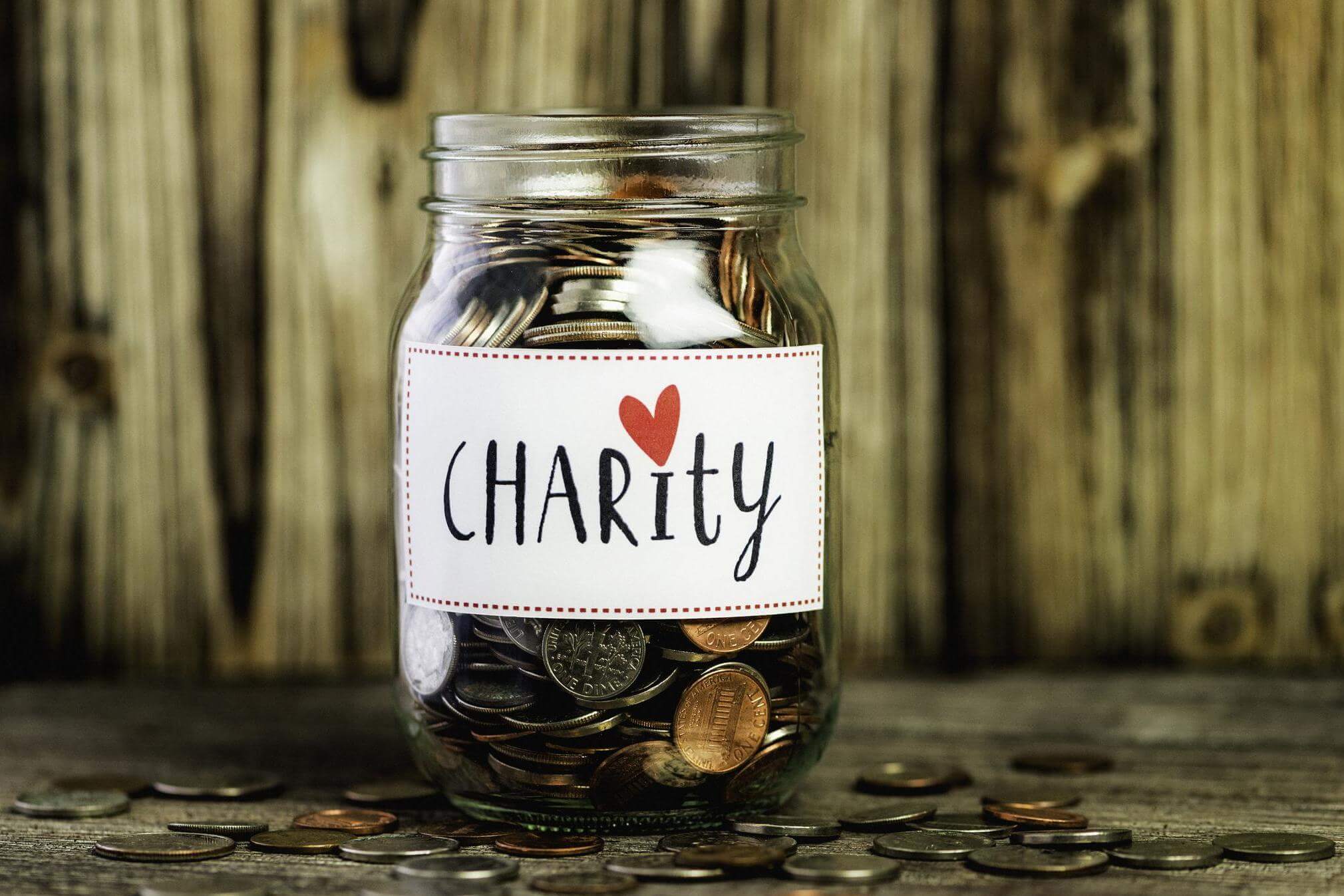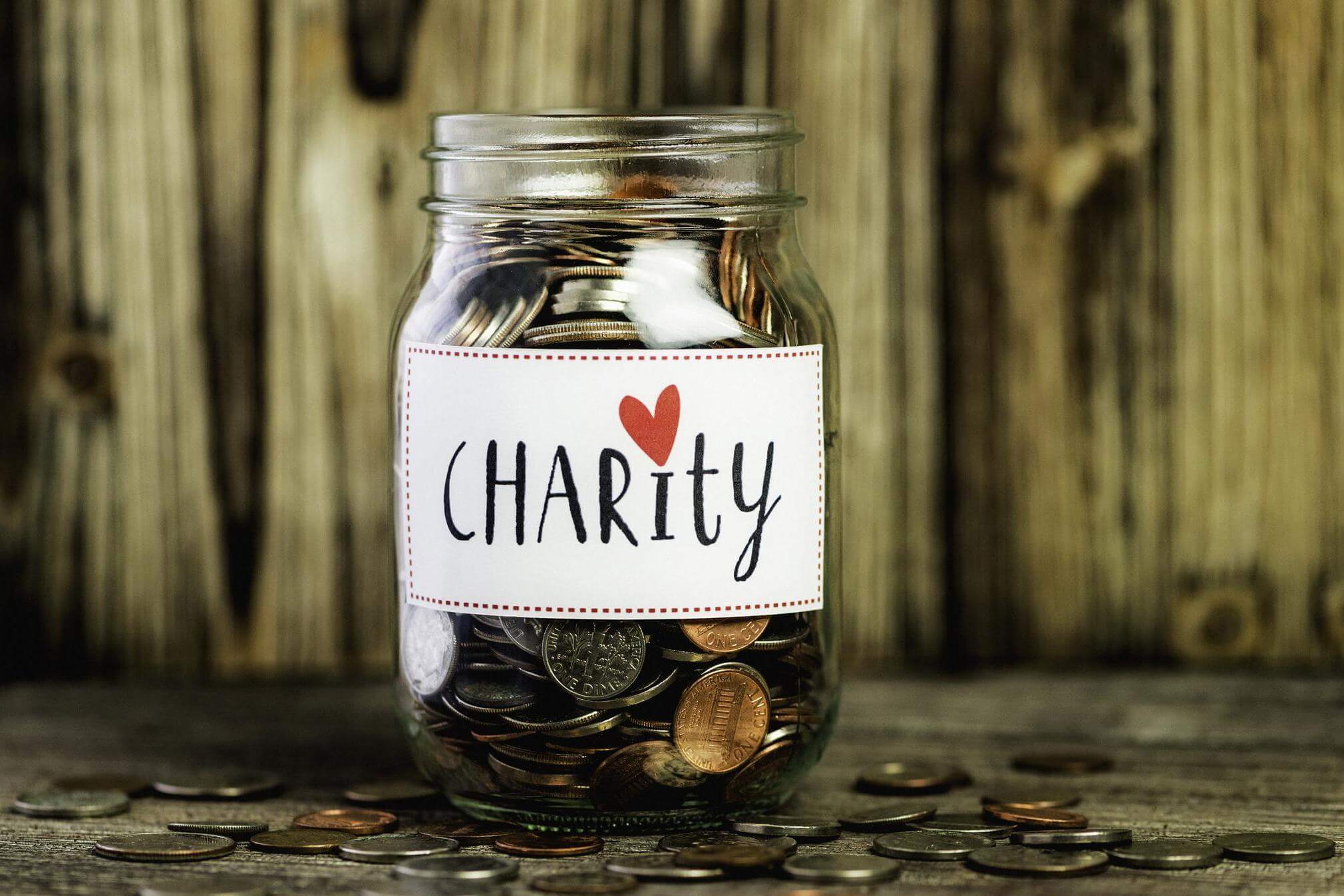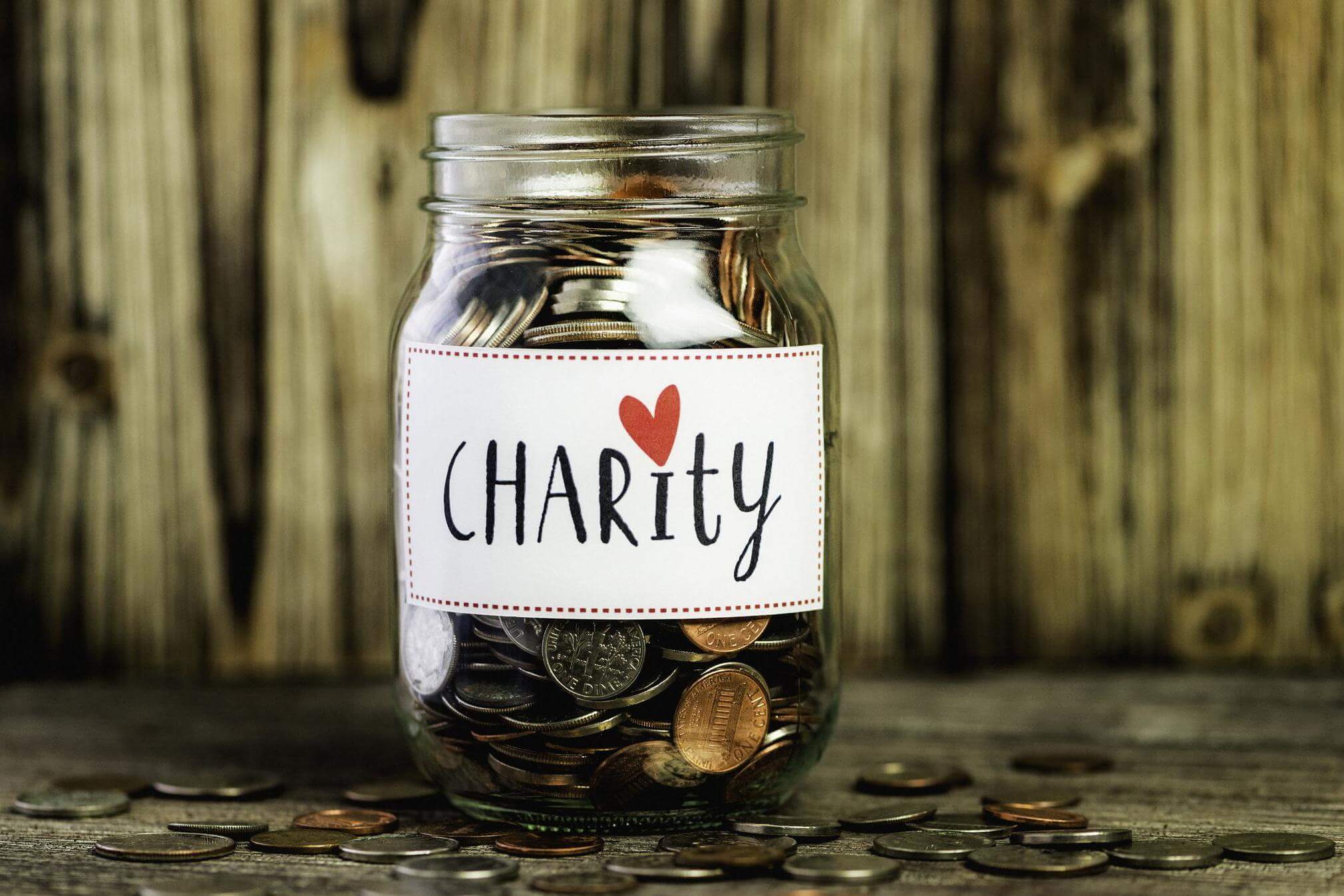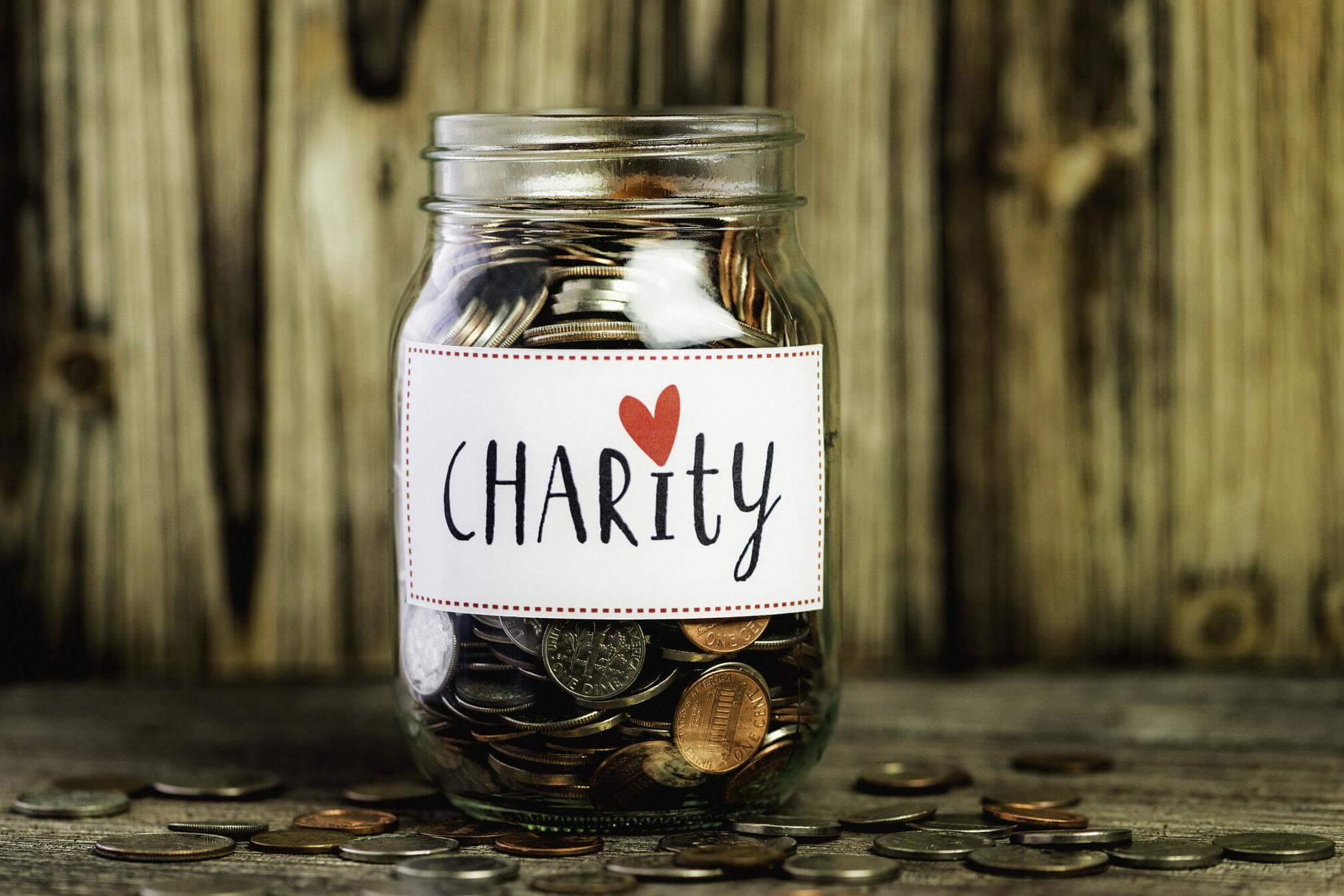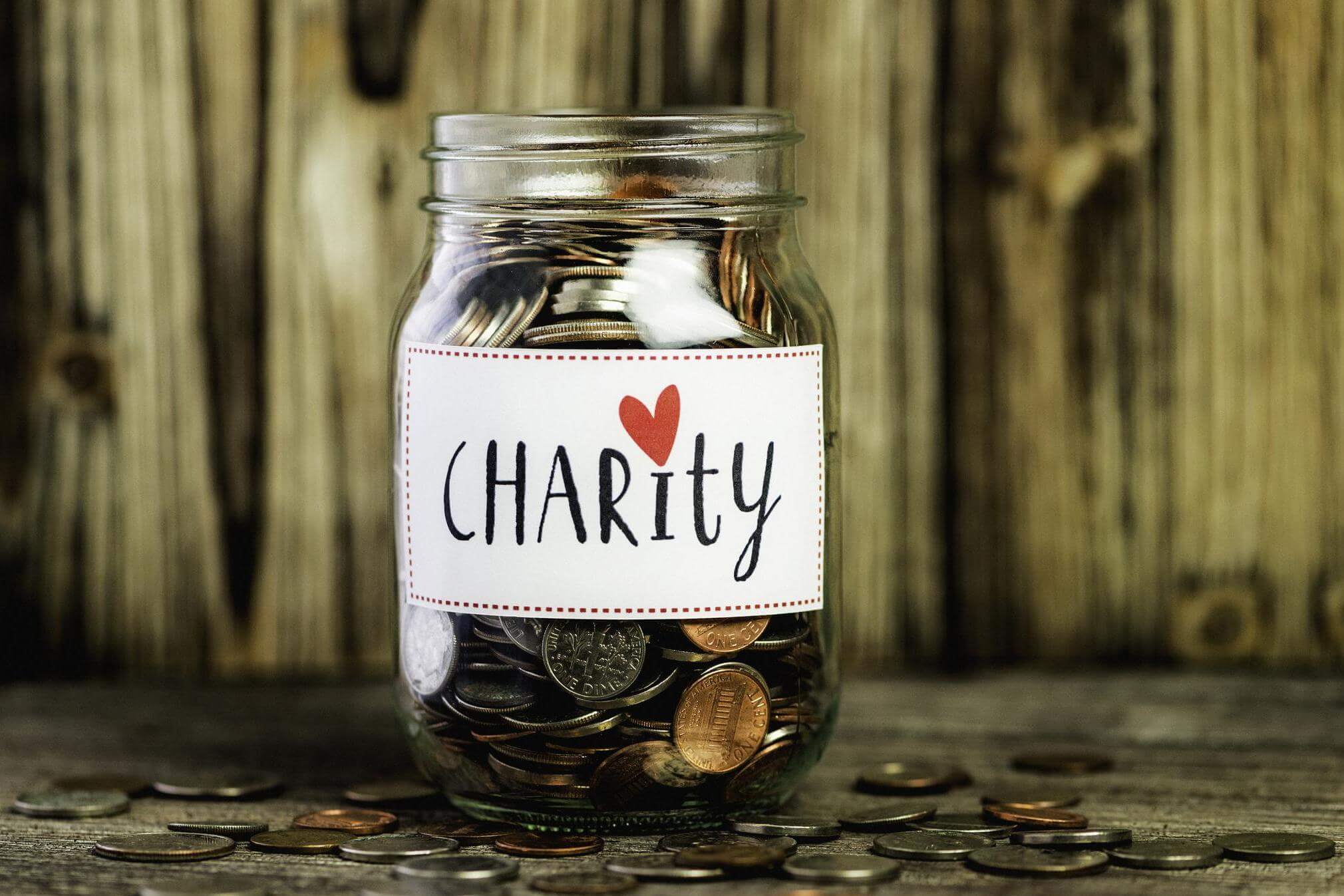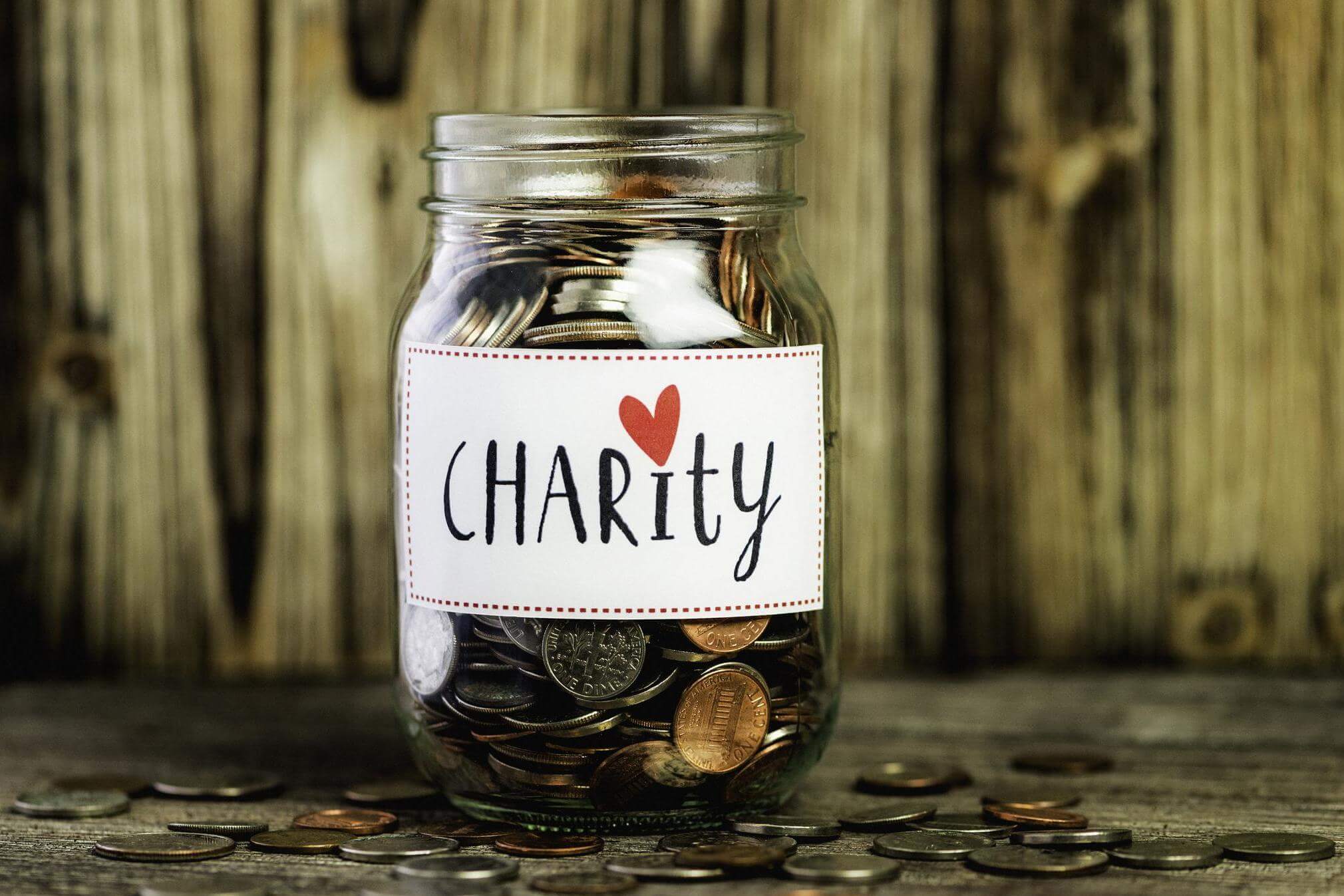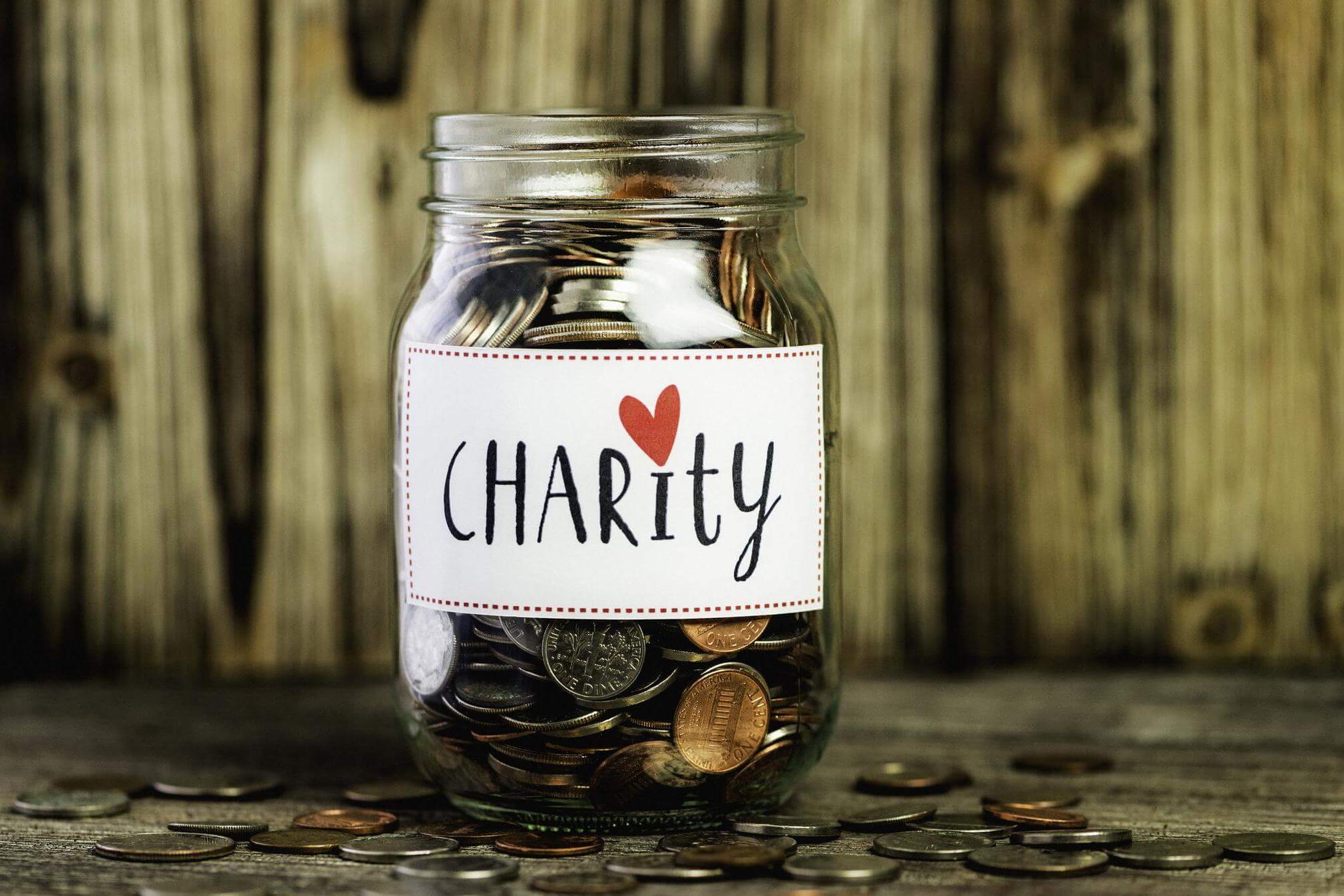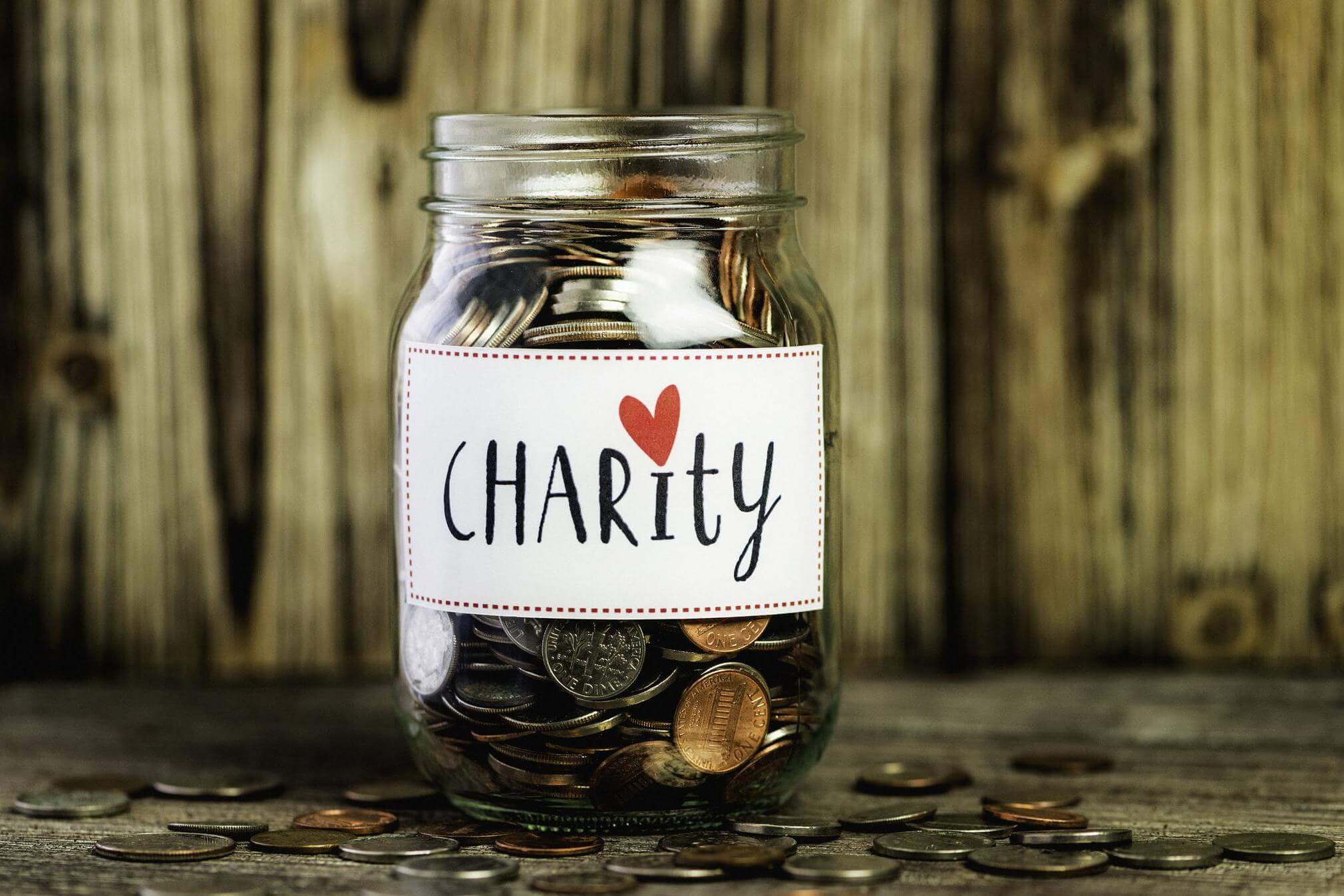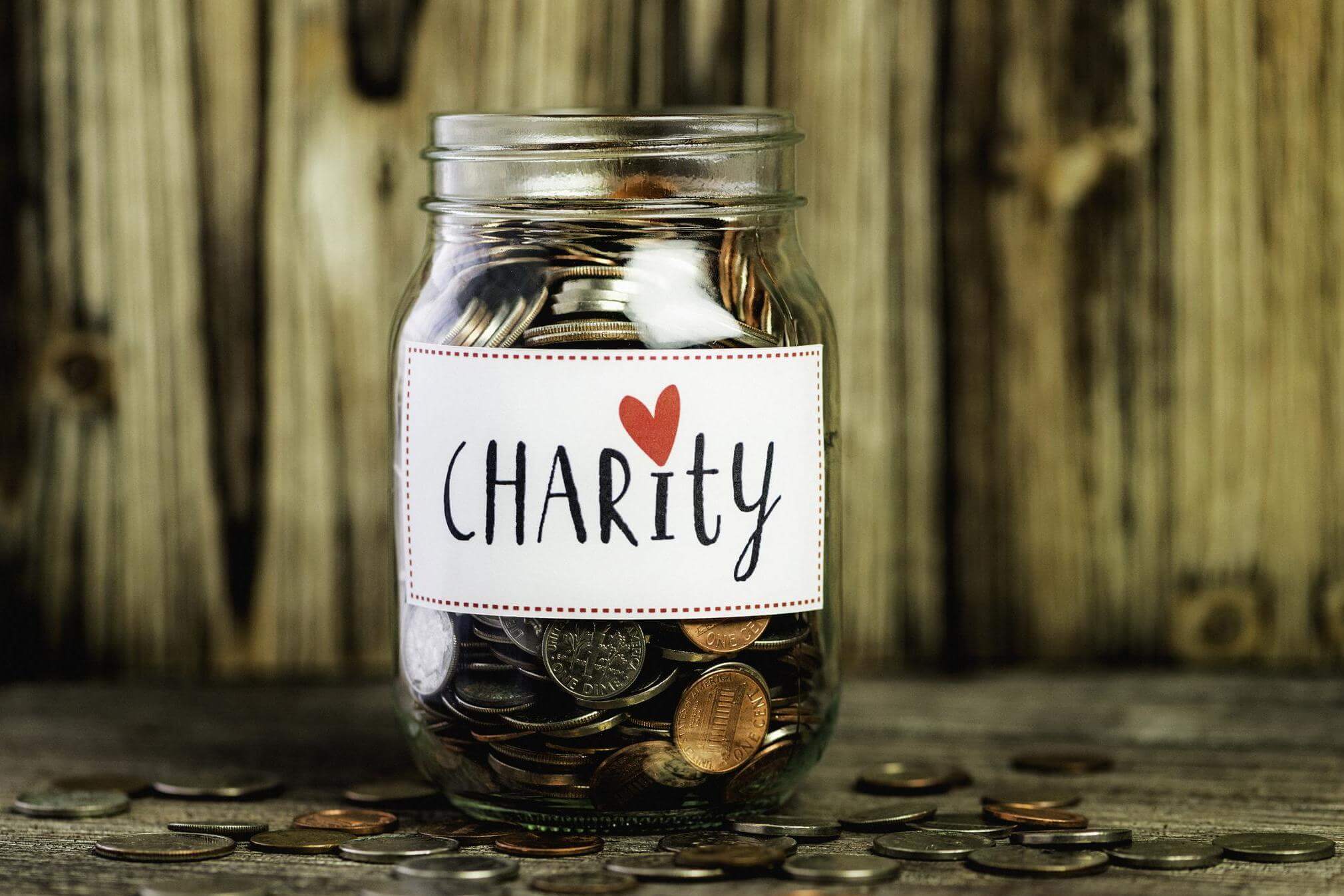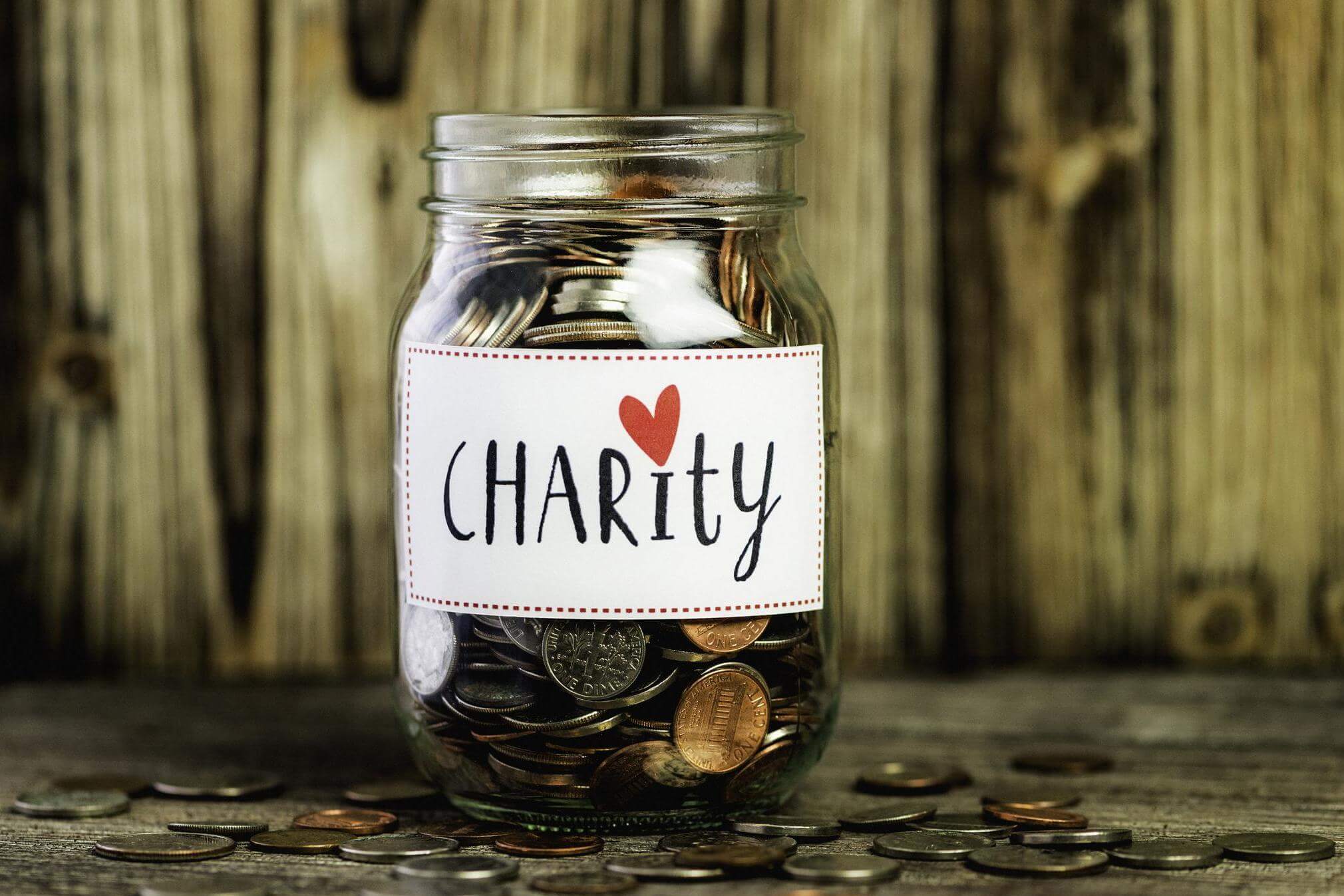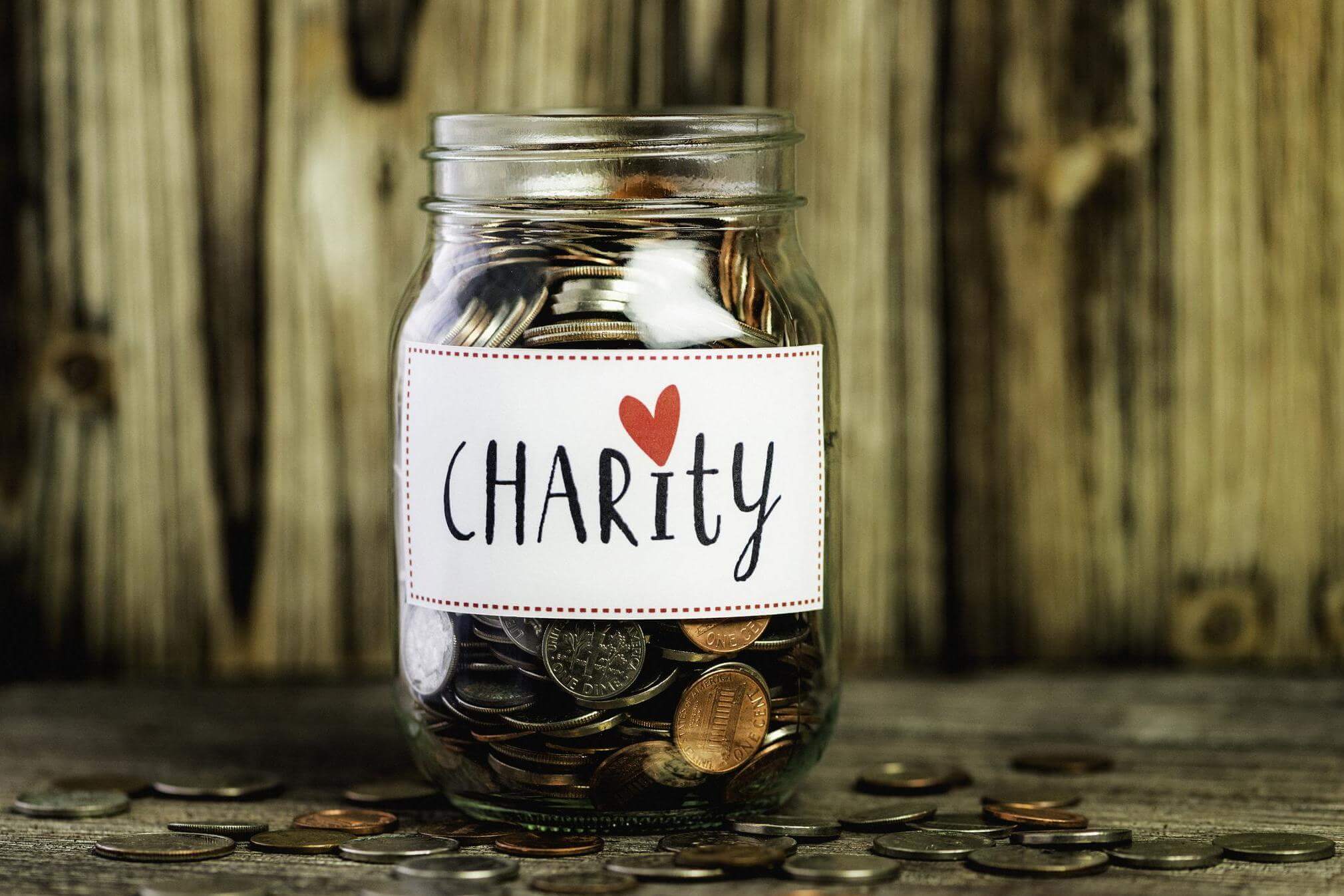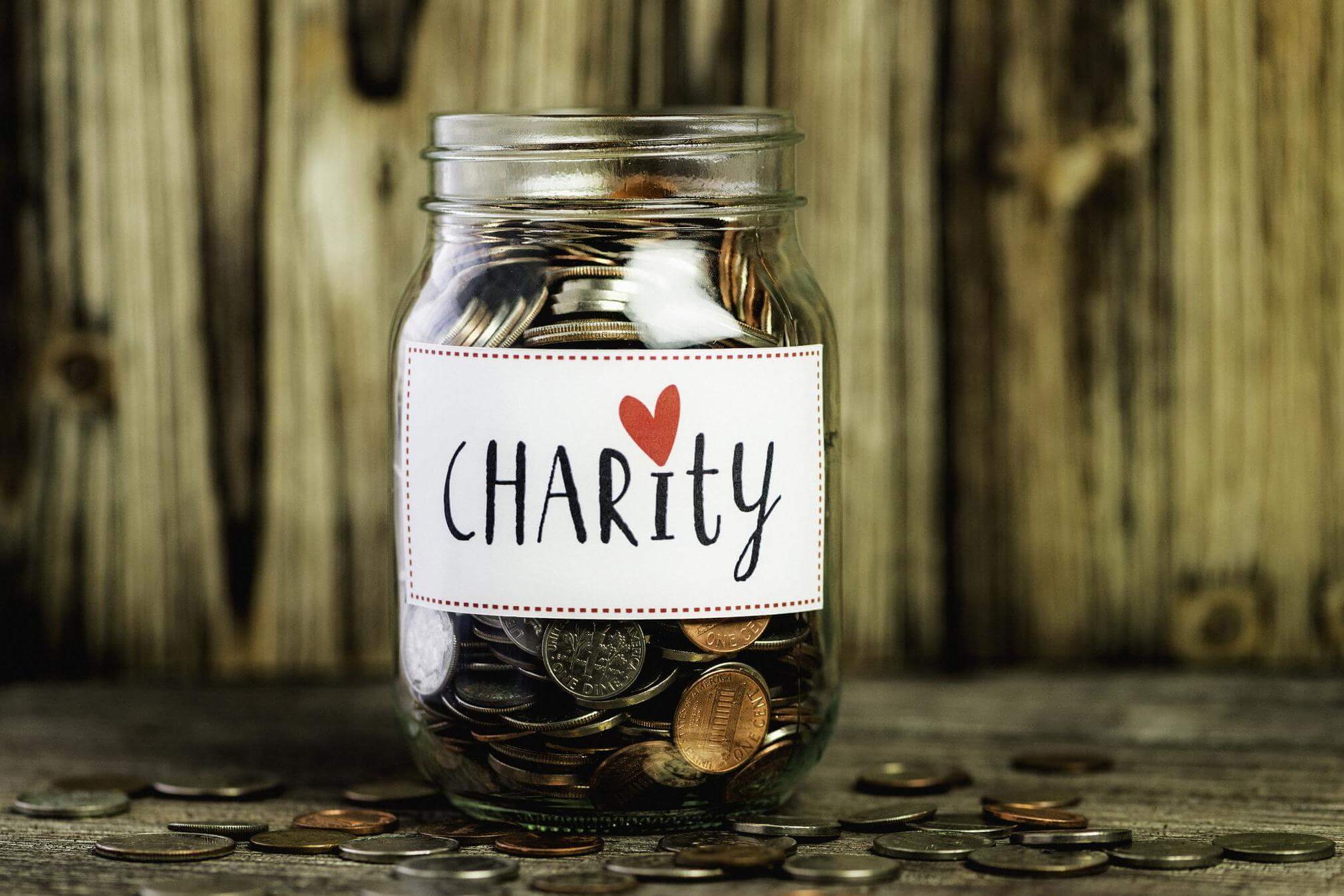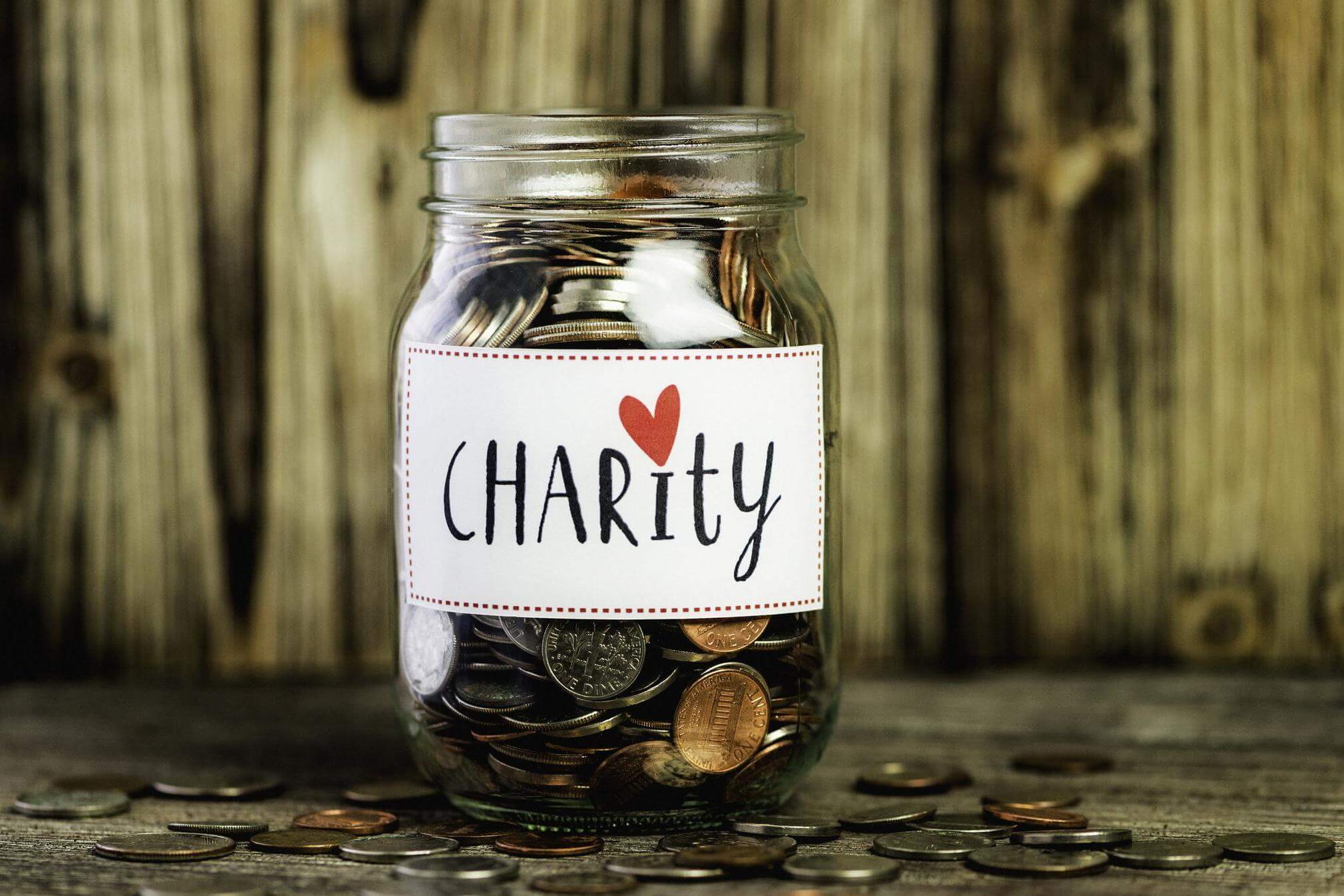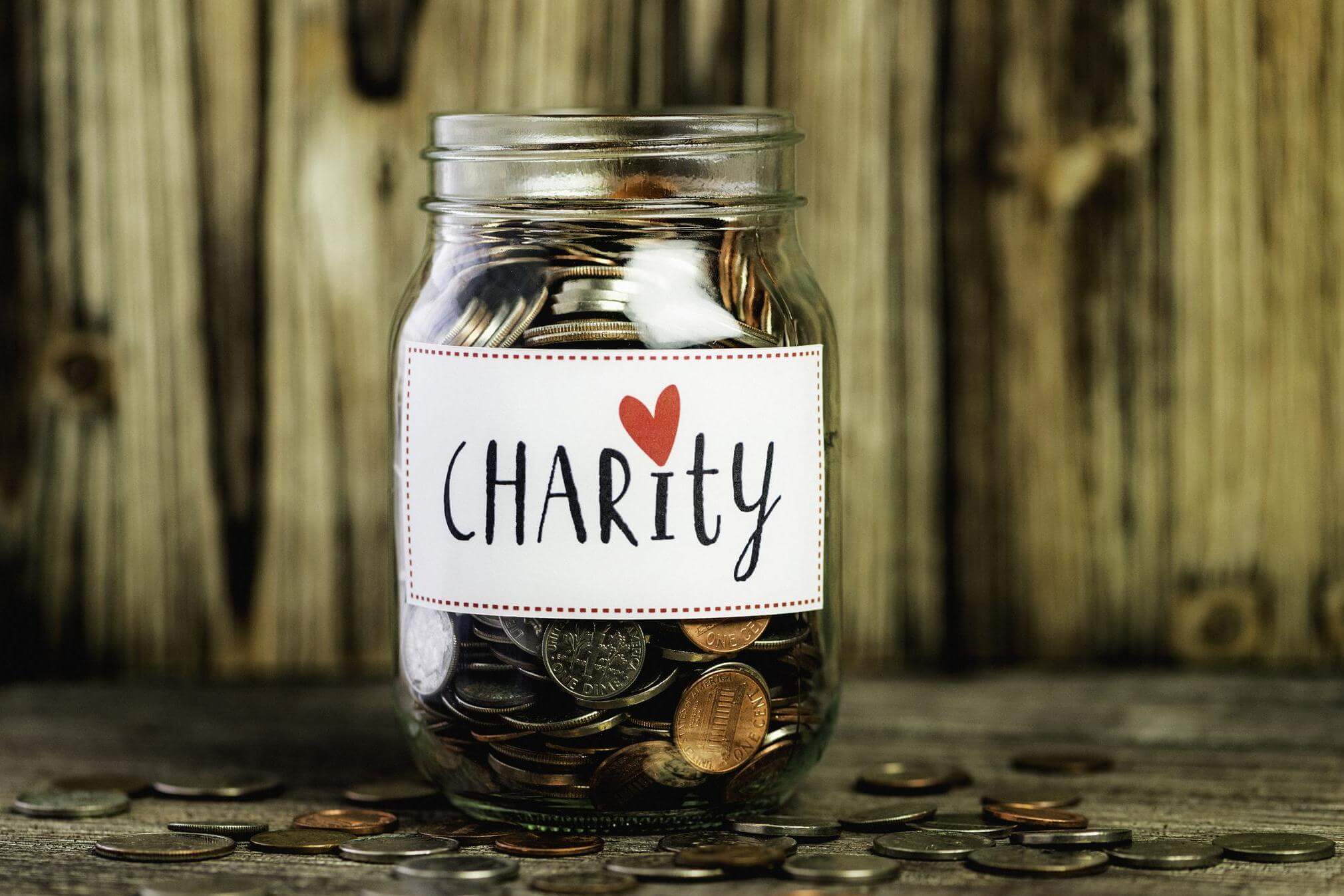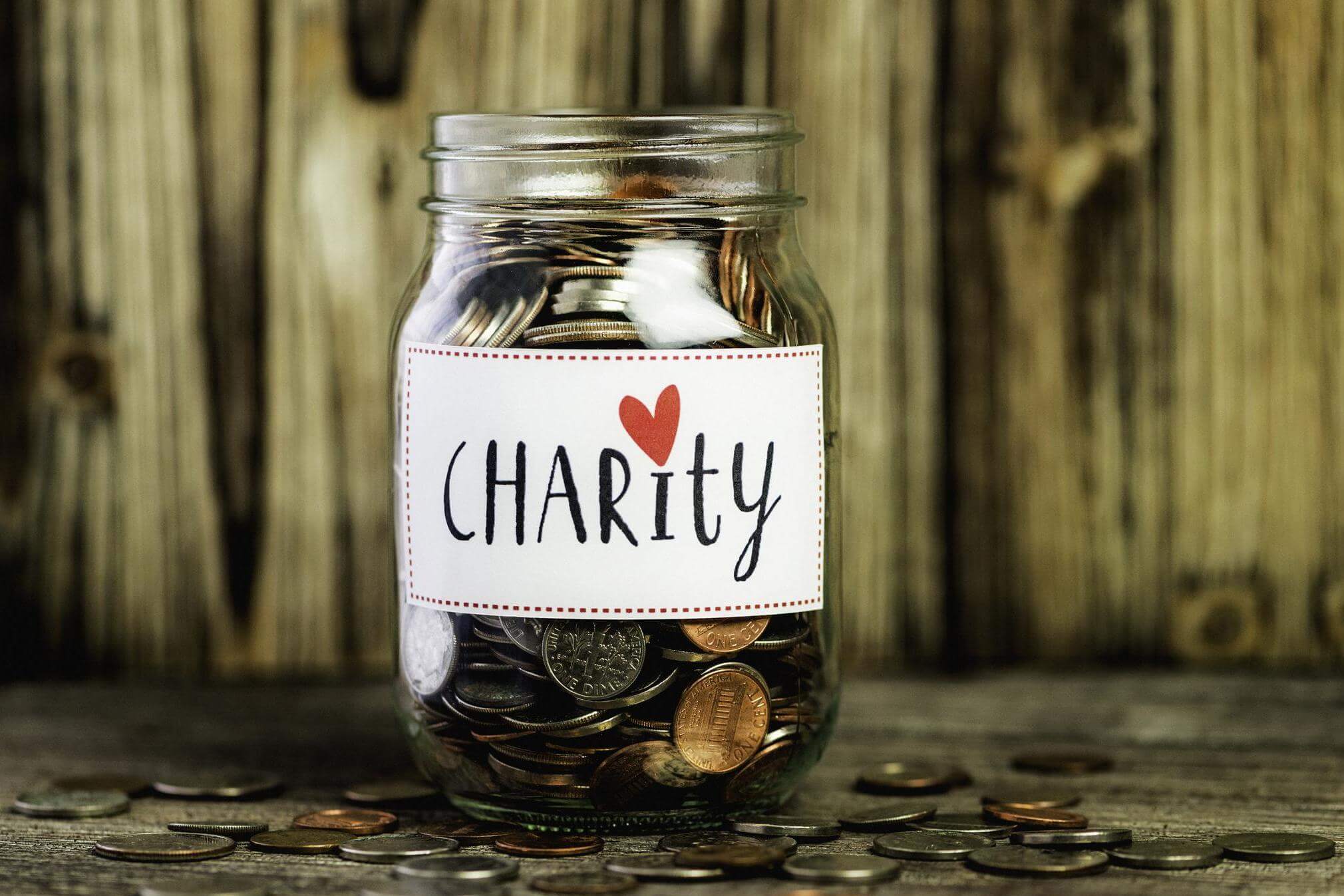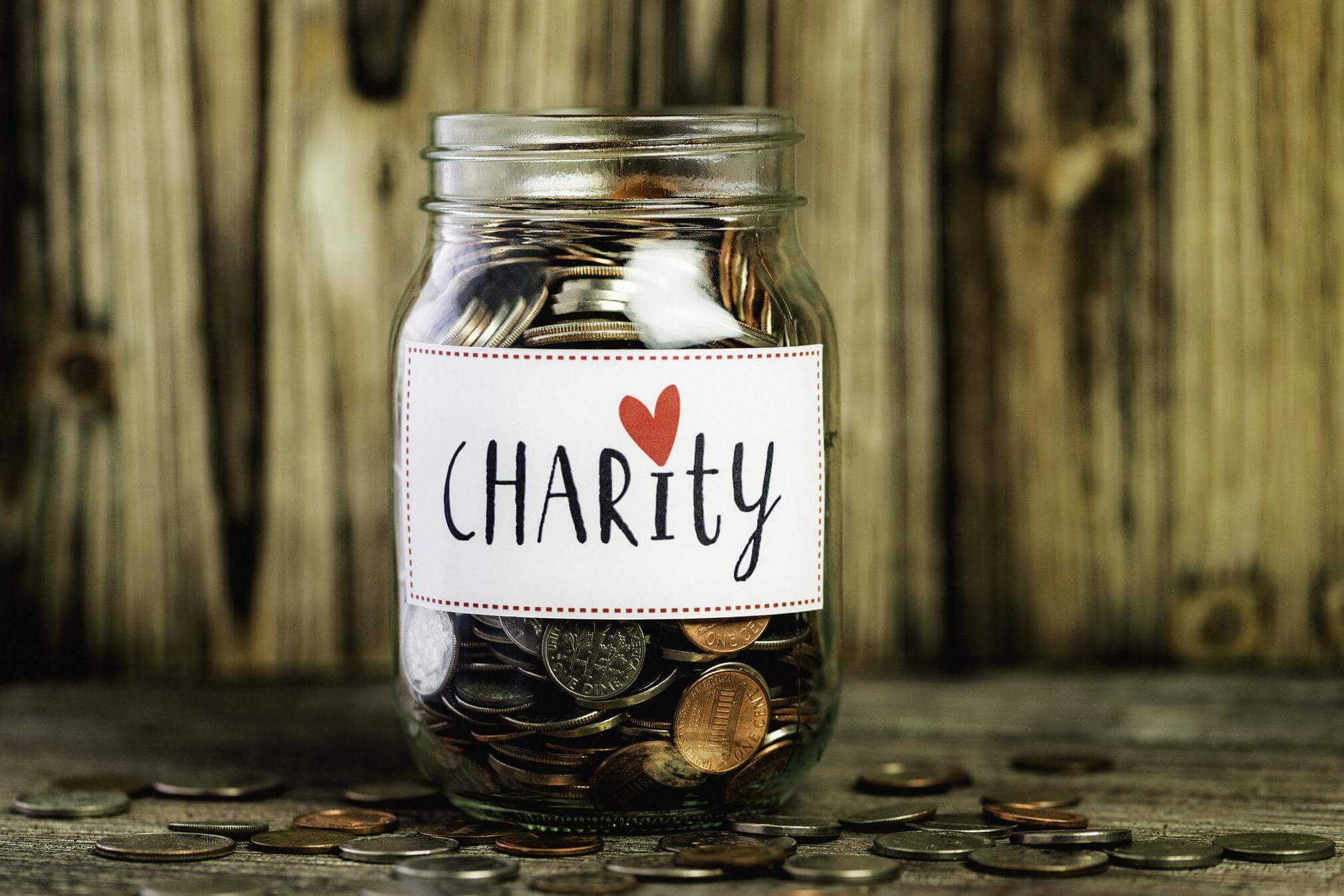Organizing charity events is a rewarding way to raise funds and awareness for important causes, but it also comes with sig…
Charity Product Liability Insurance: Protecting Non-Profit Organizations from Product-Related Claims
Introduction
Charitable organizations across the UK face unique risks when selling, distributing, or providing products to beneficiaries and the public. From charity shops selling donated goods to fundraising events offering food and merchandise, charities need specialized product liability protection. Charity Product Liability Insurance provides essential coverage against claims arising from products that cause injury, illness, or property damage, ensuring your charitable mission can continue without devastating financial consequences.
What is Charity Product Liability Insurance?
Charity Product Liability Insurance is specialized coverage designed to protect non-profit organizations against legal claims and compensation costs when products they sell, distribute, or provide cause harm to third parties. This insurance covers legal defense costs, settlement payments, and damages awarded against the charity, providing crucial financial protection for organizations operating on limited budgets.
Key Coverage Areas
Product Safety Claims
Coverage for injuries or illnesses caused by products sold through charity shops, fundraising events, or distributed to beneficiaries. This includes defective donated goods, food poisoning from charity catering, or injuries from faulty equipment provided to service users.
Legal Defense Costs
Comprehensive coverage for solicitor fees, court costs, and expert witness expenses when defending product liability claims. Legal costs can quickly escalate, making this protection essential for charities with limited financial resources.
Compensation and Damages
Protection against compensation payments to injured parties, including medical expenses, lost income, and pain and suffering damages. Coverage typically includes both economic and non-economic damages awarded by courts.
Recall and Withdrawal Costs
Coverage for expenses associated with recalling or withdrawing dangerous products from circulation, including communication costs, collection expenses, and replacement product costs.
Business Interruption
Protection for lost income and increased operating expenses when product liability issues force temporary closure of charity operations, shops, or services.
Why Charities Need Product Liability Insurance
Donated Goods Uncertainty
Charity shops receive donated items with unknown histories, manufacturing defects, or safety issues. Without proper testing facilities, charities face significant exposure to product liability claims from defective donations.
Food Safety Risks
Charities providing meals, running cafes, or organizing fundraising events with food service face substantial product liability exposure from food poisoning, allergic reactions, or contamination incidents.
Limited Financial Resources
Unlike commercial businesses, charities operate on tight budgets with limited reserves. A single product liability claim could devastate a charity's finances and threaten its ability to continue serving beneficiaries.
Volunteer Management
Charities rely heavily on volunteers who may lack professional training in product safety, quality control, or risk assessment, potentially increasing product liability exposure.
Public Trust and Reputation
Product safety incidents can severely damage a charity's reputation and public trust, affecting future donations, volunteer recruitment, and beneficiary confidence.
Common Product Liability Scenarios for Charities
Charity Shop Claims
Electrical appliances causing fires, children's toys with small parts causing choking, clothing with harmful chemicals, or furniture collapsing and causing injury.
Fundraising Event Products
Food poisoning from charity dinners, allergic reactions to homemade goods, injuries from raffle prizes, or accidents involving auction items.
Educational and Training Materials
Defective equipment used in charity training programs, unsafe materials in educational workshops, or injuries from demonstration products.
Medical and Care Products
Defective mobility aids provided to elderly beneficiaries, contaminated medical supplies, or faulty equipment in charity healthcare services.
Children's Products
Unsafe toys distributed to disadvantaged children, defective playground equipment in charity facilities, or harmful craft materials in youth programs.
Specialized Coverage Considerations
Trustee Protection
Coverage extending to charity trustees who may face personal liability for product safety decisions, ensuring individual trustees aren't financially exposed for organizational decisions.
Volunteer Liability
Protection for volunteers involved in product selection, preparation, or distribution, recognizing their crucial role in charity operations while limiting their personal exposure.
International Operations
Coverage for charities operating internationally or receiving products from overseas suppliers, addressing complex jurisdictional and regulatory issues.
Religious and Cultural Products
Specialized coverage for religious artifacts, cultural items, or ceremonial products that may have unique liability exposures or cultural sensitivities.
Fundraising Activity Coverage
Comprehensive protection for all fundraising activities involving product sales, from traditional charity shops to online sales platforms and special events.
Risk Management Best Practices
Product Assessment Procedures
Implement systematic procedures for evaluating donated goods, including visual inspections, safety testing, and age-appropriate assessments before offering products to the public.
Volunteer Training Programs
Provide comprehensive training for volunteers on product safety, risk identification, and proper handling procedures to minimize liability exposure.
Supplier Due Diligence
When purchasing products for resale or distribution, conduct thorough due diligence on suppliers, including insurance verification and safety certification requirements.
Documentation and Record Keeping
Maintain detailed records of product sources, safety assessments, and distribution chains to support liability defense and demonstrate reasonable care.
Regular Safety Audits
Conduct periodic safety audits of charity operations, focusing on product handling, storage, and distribution processes to identify and address potential risks.
Choosing the Right Coverage
Coverage Limits Assessment
Evaluate appropriate coverage limits based on the charity's size, product types, distribution volume, and potential claim severity. Consider both per-claim and aggregate limits.
Deductible Considerations
Balance premium costs against deductible levels, ensuring the charity can afford the deductible while maintaining reasonable premium costs.
Geographic Coverage
Ensure coverage extends to all locations where the charity operates, including temporary venues, mobile services, and online sales territories.
Product Category Coverage
Verify that all product categories handled by the charity are covered, including any specialized or unusual items unique to the charity's mission.
Legal Defense Provisions
Understand the insurer's approach to legal defense, including choice of solicitors, defense strategy control, and settlement authority arrangements.
Claims Management Process
Immediate Response Procedures
Establish clear procedures for responding to product liability incidents, including immediate safety measures, incident documentation, and insurer notification requirements.
Investigation Cooperation
Understand the charity's obligations to cooperate with claim investigations, including document production, witness availability, and expert access.
Communication Management
Develop protocols for managing communications about product liability incidents, balancing transparency with legal protection and reputation management.
Settlement Considerations
Understand the insurer's settlement authority and the charity's role in settlement decisions, ensuring alignment with the charity's values and mission.
Recovery and Continuation
Plan for business continuation following product liability incidents, including alternative product sources, volunteer support, and beneficiary communication.
Regulatory Compliance
Consumer Protection Laws
Ensure compliance with UK consumer protection legislation, including the Consumer Protection Act 1987 and Consumer Rights Act 2015, which impose strict liability for defective products.
Charity Commission Requirements
Understand how product liability incidents may affect Charity Commission reporting obligations and trustee duties under charity law.
Health and Safety Regulations
Comply with relevant health and safety regulations affecting product handling, storage, and distribution within charity operations.
Data Protection Considerations
Manage personal data collected during product liability incidents in compliance with GDPR requirements, particularly regarding incident reporting and claim management.
Trading Standards Cooperation
Maintain positive relationships with local Trading Standards offices and understand cooperation obligations during product safety investigations.
Cost Factors and Budgeting
Premium Determinants
Understand factors affecting premium costs, including charity size, product types, claims history, risk management measures, and coverage limits selected.
Risk-Based Pricing
Recognize how different activities and product categories may affect pricing, allowing for informed decisions about charity operations and risk acceptance.
Multi-Year Policies
Consider multi-year policy options that may provide premium stability and administrative efficiency for charities with consistent operations.
Group Coverage Options
Explore group coverage opportunities with other charities or through umbrella organizations that may provide cost efficiencies and enhanced coverage.
Budget Planning
Incorporate insurance costs into annual budgeting processes, ensuring adequate reserves for premium payments and potential deductible costs.
Frequently Asked Questions
Does our charity need product liability insurance if we only sell donated goods?
Yes, charities selling donated goods face significant product liability exposure as they're legally responsible for ensuring products are safe, regardless of their donated origin.
Are volunteers covered under our charity's product liability policy?
Most policies cover volunteers acting within their authorized roles, but verify specific coverage terms and consider additional volunteer insurance if needed.
What happens if we can't identify the original manufacturer of a donated product?
Your charity may become primarily liable for product defects when original manufacturers cannot be identified, making insurance coverage even more critical.
Does product liability insurance cover online sales from our charity shop?
Coverage typically extends to online sales, but verify territorial limits and ensure your policy covers e-commerce activities and delivery-related risks.
How quickly must we report potential product liability incidents?
Most policies require immediate notification of incidents that could lead to claims, typically within 24-48 hours of becoming aware of the incident.
Can we exclude certain high-risk products from our operations?
Yes, many charities choose to exclude high-risk items like electrical appliances, children's car seats, or medical devices to reduce liability exposure.
What documentation should we maintain for product liability protection?
Keep records of product sources, safety assessments, volunteer training, incident reports, and any safety communications or recalls.
Does our policy cover products we give away for free?
Yes, product liability typically applies regardless of whether products are sold or given away, as the legal duty of care remains the same.
How does product liability insurance interact with our general public liability policy?
Product liability is often included in general liability policies, but specialized product liability coverage may provide enhanced protection and higher limits.
What should we do if we discover a potentially dangerous product in our inventory?
Immediately remove the product from sale, assess the risk, notify your insurer if necessary, and consider whether recall or warning communications are needed.
Conclusion
Charity Product Liability Insurance is essential protection for non-profit organizations handling, selling, or distributing products to the public and beneficiaries. With comprehensive coverage for legal costs, compensation claims, and business interruption, this specialized insurance ensures charities can focus on their vital mission without fear of devastating financial consequences from product-related incidents.
The unique challenges facing charities – from donated goods uncertainty to volunteer management and limited financial resources – make product liability insurance not just advisable but essential for responsible charity management. By understanding coverage options, implementing strong risk management practices, and working with experienced insurance providers, charities can protect their operations, trustees, volunteers, and beneficiaries while continuing to serve their communities effectively.
For expert guidance on Charity Product Liability Insurance tailored to your organization's specific needs, contact Insure24 at 0330 127 2333 or visit www.insure24.co.uk to discuss comprehensive protection for your charitable operations.


 0330 127 2333
0330 127 2333
